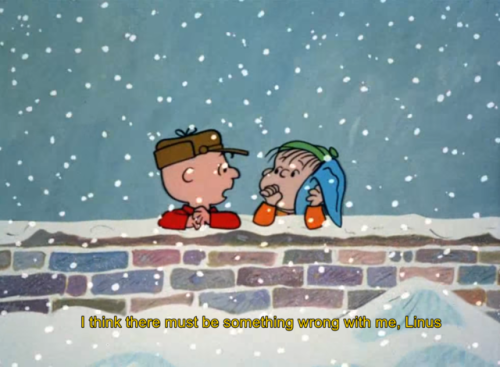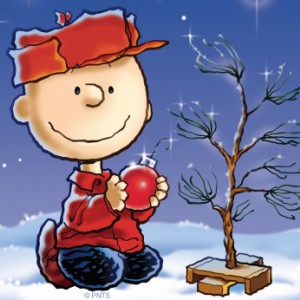Discovering the Essence of a Merry Christmas

“Christmas is coming, but I’m not happy.”
We hang happy decorations. We anticipate the fun of giving and receiving brightly wrapped gifts. Singing Christmas carols encourages a cheerful heart. Do these make Christmas merry? The world often thinks so. But what if a grinch stole it all, including our voices? Imagine no “Fah Who Foraze, Dah Who Doraze,” down in Whoville. What then?!
Even with decked halls, light displays, and card exchanges, many people this time of year can relate to the main character in my favorite Christmas television special, Charlie Brown, who said, “I think there must be something wrong with me, Linus. Christmas is coming, but I’m not happy. I don’t feel the way I’m supposed to feel.”
Charles Schultz (creator of Charlie Brown) and my favorite carol explain the source of genuine Advent merriment. “God rest ye merry gentlemen. Let nothing you dismay. Remember, Christ our Savior was born on Christmas Day to save us all from Satan’s power when we were gone astray. Oh, tidings of comfort and joy.”
Yes, comfort and joy! The comfort Linus brought Charlie Brown by reciting Luke 2:8-14. We embrace the essence of merry when we focus on the old, old story—the gospel nativity.
Mary birthed a baby in Bethlehem. The angel announced to shepherds this baby is their Savoir. The shepherds go to find this newborn and tell the people what they heard and saw. Simple right? Yet, like most simple stories, the complexities of the characters lie below the surface. Who were shepherds? What status did they possess that God would use them to bring this good news?
Shepherds lived on the fringe of society, both literally and figuratively. Spending much of their time in fields and wilderness places, they had no political influence or platform in the world, not even a union. Obscure, powerless people who smelt like sheep, dirt, and dung. Sanitation workers serve as an excellent modern-day facsimile (but even they have a union). Despite providing an essential service, shepherds and sanitation workers are often overlooked, invisible, on the fringe. How did God shake the world with a questionable testimony from outliers?
God changed the world by caring about the folks on the fringe, much like Charlie Brown cared for the little tree no one else wanted. That’s why the Lord came to the little people first: the infertile couple (Zechariah and Elizabeth), the young virgin (a nobody from nowhere), a lowly carpenter, and then some shepherds. When we feel marginalized by society, remember that no one lives on the fringe in God’s economy. He cares for everyone. But I believe He had another reason in giving His Good News to shepherds.

The shepherds obeyed and gathered around the manger, beholding the Savior who would be the sacrifice, the Lamb of God. “All we like sheep had gone astray. We had turned, everyone to his own way” (Isaiah 53:6). Then they went out proclaiming the arrival of the Good Shepherd—Jesus.
God turned the world inside out by bringing outsiders in on His plan. His love, like Linus’s blanket wrapped around Charlie’s pathetic tree, redeems and transforms us. He seeks and saves the lost. What a merry meditation! The gospel creates a joy that no grinch or devil can touch. Merry Christmas!
Discovering the Essence of a Merry Christmas Read More »